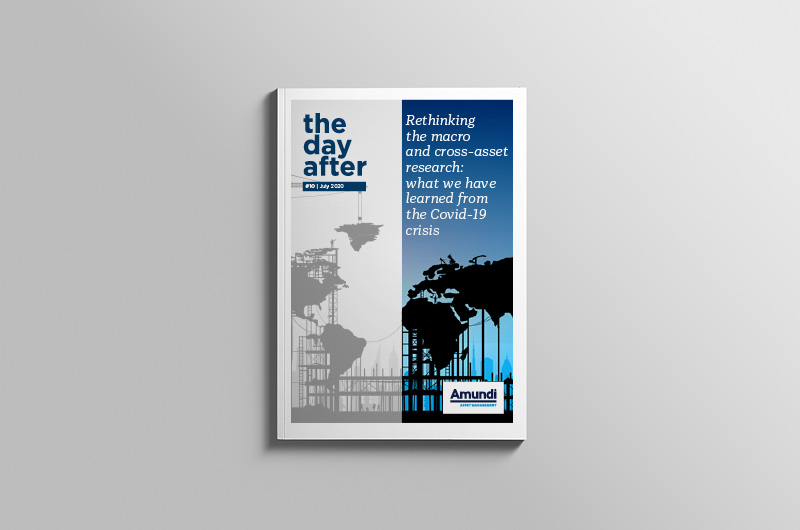Institutional investors reveal COVID-19 impact
Global asset manager State Street Corporation released a survey of institutional and sovereign wealth investment professionals last week. The report offered insights into a survey of 640 executives spanning defined benefit funds (33%), corporate pension plans (25%) insurance (32%) and sovereign wealth funds. The report was commissioned through data collection group CoreData and provided some unique insights into the internal operations of these global behemoths at a time of incredibly volatility and uncertainty.
As we stand in June, the Volatility Index or VIX which tracks the expected movements of the S&P500, is trading around 36 after peaking as high as 66 during the worst of the COVID-19 meltdown. For comparison purposes, the index had traded in the low teens for several years before the recent bout. The report had some interesting takeaways, though the questioning left a little to be desired.
The results of the survey were strongly positive despite the timing occurring at the depths of the economic shutdown and work-from-home (WFH) experiment. According to the report, some 28% of responded expected some impact, not major, to their investment-related daily operations. Of those 28% concerned, 37% were most heavily concerned about ‘securities valuation’ which in hindsight was quite accurate. AustralianSuper and Industry Funds Management (IFM) investors made well-publicised reductions to the valuations of their unlisted assets in the middle of April as a flood of redemption requests were received putting pressure on liquidity (a concern for 34% of respondents). Clearly the concerns were warranted as these redemptions and investment switches required the sell-down of listed markets somewhat exacerbating the volatility.
Such is the nature of strategic asset allocation that 86% of respondents indicating they did not expect to make any change to their passive asset allocations, but 35% expect to increase their active components in an effort to benefit from the volatility. Of these respondents, the asset classes most likely to benefit were listed equities, with 52% intending to increase and 16% to decrease their allocations. Private credit and cash are likely to be the other beneficiaries, 35% vs. 8% and 31% vs. 6%. Equities were the hardest hit asset class during the April, with many holdings sold down to meet liquidity requirements and therefore requiring increases to move back to strategic targets.
One of the more insightful takeaways from the report was the response to the question ‘are some asset managers underestimating the impact and severity of the downturn’. Some 47% of all respondents agreed with the statement, a sentiment shared by anyone who monitors that pages of the traditional financial press and constant flow of monthly investment updates.










